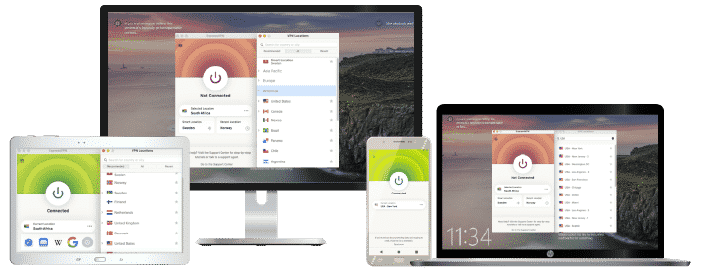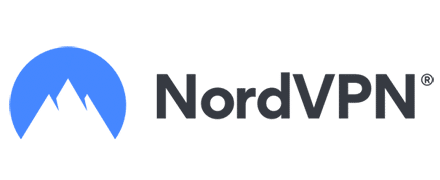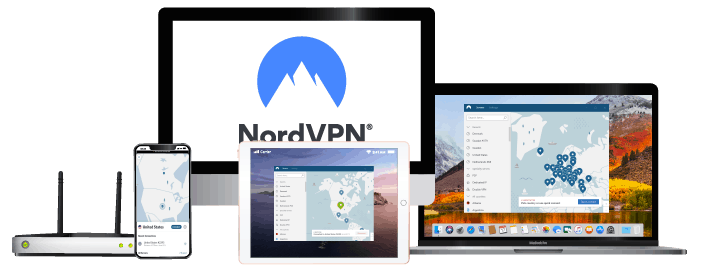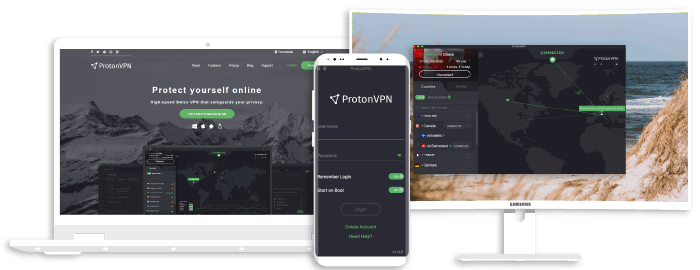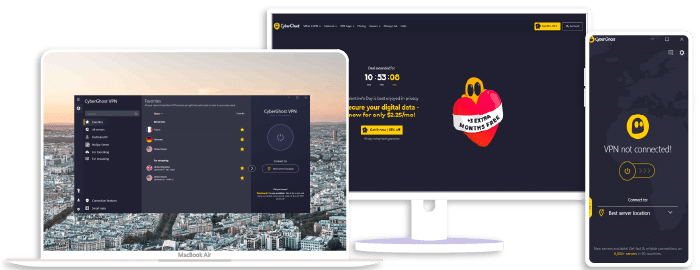How to Use VPN in PC
With the ever-evolving digital landscape, privacy has become a prime concern for many of us. One ideal way to ensure online safety and privacy is by using a virtual private network, better known as a VPN. That’s where I come in to guide you on how to use a VPN on your PC with ease and efficiency.
It doesn’t matter whether you’re a pro or a novice in tech matters, I’ve got you covered. We’ll dive into several VPN applications you can consider such as ExpressVPN, NordVPN, and Surfshark.
Each offering its own unique set of benefits and features, selecting between ExpressVPN, NordVPN, and Surfshark can seem overwhelming. However, no need to worry, as we’ll explore each in detail. With this comprehensive guide, you’ll not only learn how to use VPN in your PC, you’ll also get familiar with the steps involved in setting up and getting started with these popular VPN services. Stay with me as we venture into the secure world of VPNs!
ExpressVPN
Overall score: 9.8
- 3,200 servers across 105 countries
- Works with streaming platforms
- AES 256-bit encryption
- Supports private protocol, Lightway
- Money-back guarantee
30-day money-back guarantee
NordVPN
Overall score: 9.6
- 8,700+ servers available in 129 countries
- Connect up to 10 devices simultaneously
- Great security features
- Verified no-logs policy
- Unblocks streaming platforms
30-day money-back guarantee
Surfshark
Overall score: 9.5
- 4,500+ servers in 100+ countries
- Allows unlimited simultaneous connections
- Integrates stealth mode
- Multihop feature available
- Webcam protection from unauthorized apps
30-day money-back guarantee
Proton VPN
Overall score: 9.4
- 17,250+ servers in 125 countries
- Free version available
- Strong security features
- Reliable no-logs policy
- Allows Perfect Forward Secrecy
30-Day Money-Back Guarantee
CyberGhost
Overall score: 9
- 9,300+ reliable servers in 100 countries
- 45-day money-back guarantee
- Strict no-log policy
- Tough security features
45-Day Money-Back Guarantee
Understanding What a VPN Is
A Virtual Private Network, or simply VPN, as it’s commonly known, is like a private tunnel in the vast universe of the internet, that delivers your online data to its destination securely and confidentially. Haven’t heard about VPN yet? Or maybe you’re a software newbie who’s just started dipping their toes in information security. Well, either way, sit back and relax, as I’ll break down VPN technology and how it can be your ultimate fort in cyberspace.
Think of your car navigating the chaos that is city traffic. Now imagine if you could just switch on a ‘ghost mode’ and no one can see you, but you continue to reach your destination undisturbed. That’s what a VPN does to your online data. Impressive, right? Once you activate a VPN, it encrypts the data from your PC and sends it through a private pathway to its end entity. This allows you to browse securely, enhances your online privacy and allows you to access geographically restricted content.
Three of the bigwigs in today’s VPN market are ExpressVPN, NordVPN, and Surfshark. Each offering its unique features, dedicated to protect your online space.
- ExpressVPN is lauded for its impressive speeds, robust security features, and ease of use. Really, it’s like the sports car of VPNs – fast, sleek, and powerful.
- NordVPN, on the other hand, stands like an undeterred fortress with its strict no-logs policy and double encryption security. It’s pretty much the Fort Knox in the realm of VPNs.
- Lastly, Surfshark offers a budget-friendly solution without compromising on quality. It’s like picking up a great deal on a slightly used, yet good-as-new, vehicle.
Now that’s a brief overview of what a VPN is and how it’s a crucial addition to your PC. So, are you ready to set up your first VPN and start your journey towards enhanced online security?
Comprehensive Guide on VPN Usage in PC
If you’re like me, you’re always on the lookout for ways to boost online privacy. A Virtual Private Network (VPN) does just that, but how do we use it on a PC? I’m all ears, let’s get down to business.
First off, you’ll need to choose a VPN service. I’ve had solid experiences with ExpressVPN, NordVPN, and Surfshark. These three have earned my trust with their impressive speeds, vast server locations, and most importantly, their rock-solid commitment to privacy policies.
With the VPN of your choice in hand, you’re good to go for the installation process. Here’s my quick run-through:
- Head over to the VPN service’s website.
- Download the PC-compatible software.
- Run the downloaded file to kick-start the installation.
After installation, the next stage is configuration. Let’s do this step by step:
- Open the VPN app.
- Log in with your credentials.
- Choose a server location. If you’re in doubt, opt for the ‘Quick Connect’or ‘Smart Location’ feature.
- Hit the connect button, and bam! Your PC is now operating on a private network.
But hold up, it’s not just about knowing what buttons to press. You’ve got to understand why we’re doing this. When you’re running a VPN, your data travels through an encrypted tunnel, out of reach from nosy hackers and ISPs. It conceals your actual IP address, making your online journey anonymous. Trust me; anonymity online is akin to a gold mine in the digital era.
Navigating VPN settings gets easy with time. Don’t shy away from tweaking them for a more personalized approach. I recommend enabling the ‘Kill Switch’ function. It’s my safety-net when my VPN connection drops; it blocks all network data from entering or leaving my PC.
Lastly, it’s important to note that using a VPN won’t give you an immediate pass to all geo-blocked content. Sometimes, servers can get detected and blocked. In such cases, I switch to another server, and voilà! Problem solved.
Using a VPN on your PC is an essential line of defense in our increasingly connected world. ExpressVPN, NordVPN, and Surfshark make the process remarkably straightforward, and I hope this comprehensive guide has given you the confidence to take that first step towards a more secure and private digital life.
Conclusion: Maximize Your Protection with VPN
Use a VPN for optimal digital protection. In the era of increasing cyber threats and data breaches, it’s a must-have tool. For example, using a VPN on your PC can deliver multiple layers of protection, securing fragile data and online activities from prying eyes.
ExpressVPN, NordVPN, and Surfshark stand as excellent examples of reliable VPN services. These not only offer a shield for your internet connection but also provide advanced features that aid in enhancing your cybersecurity game.
- ExpressVPN touts a vast network of lightning-fast servers across the globe. The speed optimizes performance, and the no-logs policy ensures your data won’t be stored or shared.
- NordVPN emphasizes double data encryption. This, in combination with their CyberSec technology, boosts defenses against intrusive ads and malicious sites.
- Surfshark, on the other hand, prioritizes simultaneous protection. With unlimited device connections allowed, you can protect all your devices simultaneously, from PCs to smartphones.
Blending VPN use with sound online practices amplifies your personal digital safety and data protection. Yes, using a VPN may slow your network speed slightly due to encryption processes. However, this is a small price to pay for the security features it provides, including IP address masking, encrypted data transfer, and minimizing location tracking.
Me? I’d recommend using a premium VPN service – despite the cost, a high-quality VPN trumps a free version in speed, security, and overall reliability. At the end of the day, the investment is worth it when it comes to cybersecurity.
In closing, utilizing a VPN on your PC offers a critical line of defense against numerous cyber threats. It’s a tangible way to take control of your online security and protect your data. Virtual protection is no longer an option. It’s a necessity. So let’s prioritize our cybersecurity together. It’s time to surf the web securely and with peace of mind.
Join the TechRobot Newsletter
Actionable tips on online security, the best VPNs, unblocking guides, and special offers — straight to your inbox.

